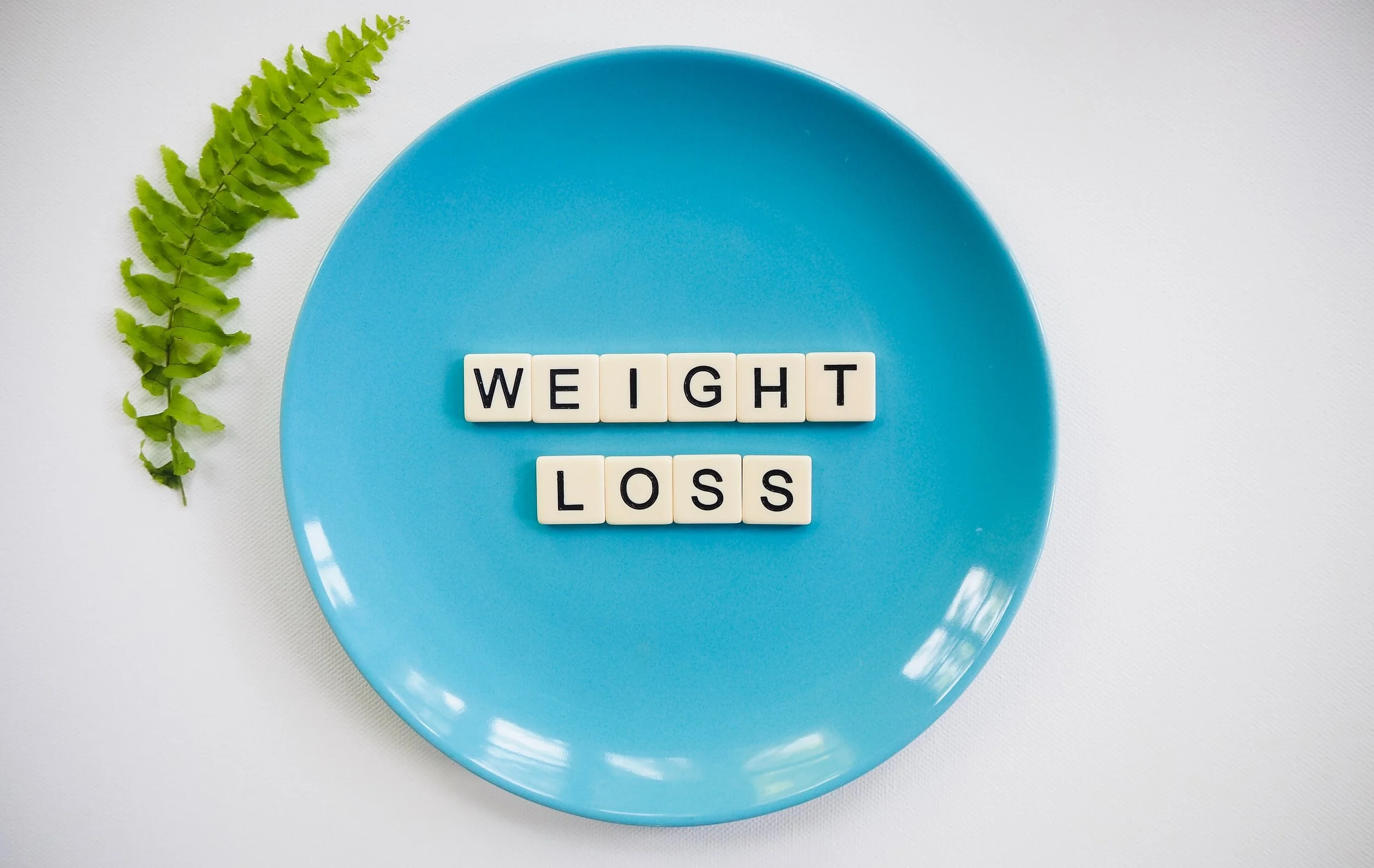Ok, I’m guilty of this too. I was doing the egg white omelettes with wheat toast and no butter back in the day. I thought I was doing it right. It’s sad to think of all those yolks I wasted.
Read MoreAs a child, I was diagnosed with hypoglycemia. I had the typical symptoms; I was tired, shaky, irritable, and would have brain fog. My parents were told to keep me away from sweets and for years, I didn’t have candy. I remember even having pancakes with syrup would cause severe nausea and I’d have to lay down. I never really understood that if I had low blood sugar (hypoglycemia), why would putting sugar in the system bother me? It would seem that would be the way to fix it.
We’ve been told for decades to eat less and move more. This is the caloric deficit paradigm, and I’d argue it’s not the best way to lose weight. Although it does work, it requires the tedious task of counting calories and leads to a lot of hunger. If our bodies were as basic as an automobile, it would make some sense. But we are much more complicated than a car. The good news is there is a better way that doesn’t require calorie counting.
Read MoreMetabolic dysfunction is rampant in the United States. The majority of Americans have an underlying metabolic dysfunction. Obesity is usually blamed for many of the problems that Americans face such as stroke and heart attack, but obesity is just one of many symptoms of a greater problem. That problem is metabolic dysfunction.
Read MoreWhy do we train? The short answer is adaptation. Whether it’s to get stronger, faster, fitter, or to perform better, we all seek adaptation. To achieve this, we need to apply a stimulus such as progressive overload. Where many of us fail is the follow up to the stimulus; recovery.
Read MoreI live in Florida, and during the holiday season, many of my patients return north for a few weeks. When they return to Florida, I get ready to hear the complaints of how the cold weather flared up their arthritis. Many practitioners believe that this is nonsense, and maybe it’s just stiffness from the car or plane ride. Maybe. I have a theory though that would lend credit to the cold weather complaints, and it has nothing to do with my training as a physio. It’s from scuba diving.
Read MoreThe sun gets a bad rap, although without it, there would be no life on the planet. Obviously, there is a disconnect there. Like all things in life, the right balance is the recommendation. As you will see, the benefits way outperform the risks.
Read MoreFor those that like to track their health by using data and wearable technology, heart rate variability (HRV) has emerged as a new marker for resilience. HRV is the variation in the time interval between heartbeats. A low HRV has been associated with many pathologies, whereas a high HRV is associated with a healthy response to stress, and overall wellness.
Read MoreGroin pain is a common complaint with many conditions of the hip, particularly in hockey players. It tends to go hand in hand with hip impingement (FAI). A lesser known condition that can cause it is called ischiofemoral impingement (IFI). This means there is a decrease in space between the femur and pelvis, and a small muscle of the hip socket (quadratus femoris) gets compressed.
Read MoreThe quadratus femoris is a small rectangular muscle, deep in the hip socket. It is an external rotator and adductor of the hip. Although uncommon, tears and strains of this muscle can cause pain in the groin, posterior hip, and even cause radiating pain from irritation of the sciatic nerve.
Hip impingement, or femoroacetabular impingement, is pain in the front of the hip that occurs with hip flexion and internal rotation. Sometimes, patients with FAI also get pain in the back side. The sacroiliac joint (SI) is usually the culprit.
Read MoreSlipped capital femoral epiphysis, or SCFE for short, is a growing concern. This is a condition that affects adolescents and can range from mild to severe. The hip is a ball and socket joint, with the ball being the top of the femur. Just below the ball is a growth plate, and with increased shear forces on this growth plate, the ball can slip backward and down. This is what is known as SCFE.
Pain in the front of the hip when squatting is a common complaint, and is often diagnosed as a hip flexor problem, or hip impingement. A lesser known pathology is called subspine impingement (SSI), or anterior inferior iliac spine (AIIS) impingement. The AIIS is the bottom bony bump you can feel in the front of your pelvis and serves as a muscle attachment point. In some cases, the neck of the femur abuts against this point causing pain.
Read MoreHip impingement has been gaining a lot of attention lately. It can be a difficult diagnosis to manage as a physical therapist, depending on severity, and can be incredibly frustrating for the patient. As more evidence comes in, we are getting a clearer picture of what exactly is the cause, and it certainly looks multifactorial. One suggested mechanism is laxity of the anterior part of the hip capsule.
Read MoreThe nutrition world can be confusing and there seems to be opposite recommendations for just about any food out there. And it may be for good reason; there is not one diet approach that is perfect for everyone. With that being said, it is important to understand the pros and cons of diet styles. Most diets will be deficient in some areas which can range from minor symptoms, to more dangerous consequences.
Read MoreWant to improve your velocity? Let’s be honest, probably every muscle in the body is active when shooting a puck, but by focusing on the prime movers, you can easily gain explosive speed.
Read MoreA common finding in patients with hip impingement, or FAI, is a labral tear. Where there is a labral tear, there is frequently a paralabral cyst. In fact, cysts are seen on MRIs between 50-70% of patients with labral tears, but only 5% in the normal population
Read MoreIf you have knee arthritis, I’m sure you’ve been told that you should lose weight. For decades, we’ve assumed that arthritis is caused from “wear and tear” and is just caused by repetitive mechanical loading. So if you’re overweight, the joints take on more compression, eroding cartilage faster. But are we sure that is all that is going on?
Read MoreDo you crave ice? Do you have restless leg syndrome? Or maybe you have chronic fatigue and look pale. Do you get short of breath? Do you bruise easily? These are all signs of iron deficiency. Did you know a deficiency in iron can inhibit your ability to lose weight? Let’s dig into it.
Read MoreA frequent complaint from runners is pain on the top of the foot. Although things like stress fractures can occur, it’s not common unless there is a traumatic event. More often than not, it’s a problem with the extensor mechanism of the toes. Either the tendons get inflamed, or the sheath they slide in and out of gets inflamed. The muscle in question in the extensor digitorum longus.
Read More



















